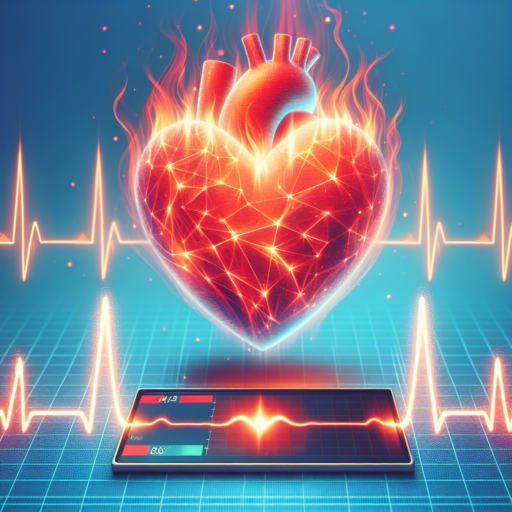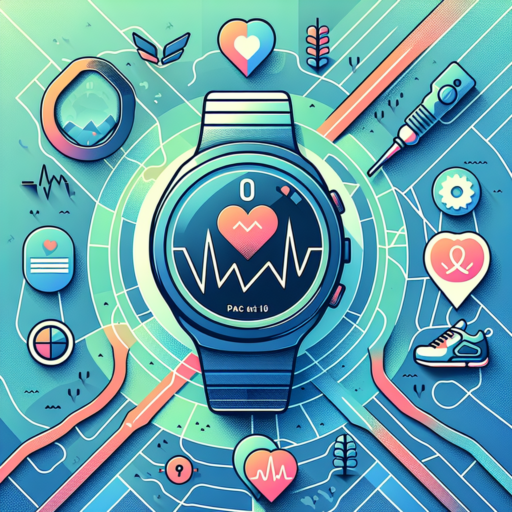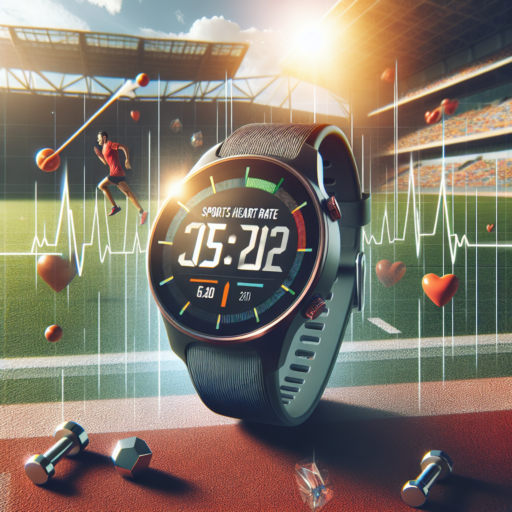Does heat raise your heart rate?
When exploring the impact of environmental factors on our cardiovascular health, it’s crucial to address the common query: Does heat raise your heart rate? Understanding the body’s response to increased temperatures can help us navigate through hotter climates more safely and maintain our health.
Body’s Response to Heat
The human body maintains its core temperature through a process known as thermoregulation. In hot conditions, one primary way the body attempts to cool down is by increasing blood circulation to the skin’s surface, allowing heat to dissipate. This process requires the heart to work harder, pumping more blood than usual, which in turn, can lead to an increased heart rate. Therefore, exposure to high temperatures, especially during physical activity, can significantly affect your cardiovascular system.
Understanding the Risks
It’s important to recognize the signs of heat-induced stress on the heart. Symptoms such as rapid heartbeat, excessive sweating, dizziness, or fatigue should not be ignored. Individuals with preexisting heart conditions or those who are not acclimatized to hot weather are particularly at risk. Taking appropriate precautions, such as staying hydrated, seeking shade, and wearing lightweight clothing, can mitigate the effects of heat on your heart rate.
Can heat cause an irregular heartbeat?
Exposure to high temperatures can indeed stress the body in various ways, one of which is impacting heart function. During periods of intense heat, the body works harder to maintain a normal temperature, which can include an increase in heart rate. This physiological response is generally normal; however, for some individuals, this added strain can lead to irregular heartbeats, known medically as arrhythmias. It’s particularly noticeable in those with existing heart conditions, but it’s not exclusive to them.
The core of the issue lies in the body’s mechanism to cool itself down. When the temperature around us rises, our bodies begin to sweat, and our blood vessels dilate, a process called vasodilation. This is designed to dissipate excess heat through our skin but in doing so, the heart pumps more vigorously to circulate blood throughout the wider vessels. For those already prone to cardiovascular issues, this can exacerbate the risk of arrhythmias. Moreover, dehydration, a common issue during hot weather, can further complicate the situation by decreasing blood volume, making the heart work even harder.
In addition to the direct effects of heat, certain activities people partake in during warmer weather can also contribute to the occurrence of irregular heartbeats. For instance, physical exertion in high temperatures without proper hydration or acclimatization can significantly raise the risk. Furthermore, the consumption of caffeine or alcohol in the heat, substances that can affect heartbeat, should not be overlooked as potential contributors. Recognizing the signs of heat-induced arrhythmias, such as palpitations, dizziness, or feeling faint, is crucial for taking timely preventative or responsive action.
No se han encontrado productos.
What is a normal heart heat?
Understanding what a normal heart rate, often referred to as a «heart heat,» is crucial for monitoring heart health. Essentially, a normal heart rate varies from person to person, but there are established averages that medical professionals use as benchmarks. Typically, for adults, a normal resting heart rate ranges from 60 to 100 beats per minute (bpm). It’s important to note that various factors can influence this rate, including age, fitness level, and overall health.
For athletes or individuals who are highly physically active, the normal heart rate may be lower than the average. It’s not uncommon for them to have a resting heart rate that’s below 60 bpm. This is generally considered a sign of excellent cardiovascular fitness, as their hearts are more efficient at pumping blood. On the other hand, higher resting heart rates might indicate stress, dehydration, or other underlying health issues that may need to be addressed.
Monitoring your heart rate can be a simple yet effective way to gauge your heart’s health and your body’s response to various activities and stresses. Devices like smartwatches and fitness trackers have made it easier than ever to keep an eye on your heart rate throughout the day. By understanding what a normal heart heat or rate is for you, you can better manage your health and recognize when something might be off.
Does your heart beat faster when you have a temperature?
Indeed, when your body is fighting an infection and you have a fever, your heart rate can increase. This is a physiological response as your body tries to combat the illness.
Understanding the Connection
The relationship between a higher body temperature and an elevated heart rate is well documented. This occurs because when your body’s temperature rises, it has to work harder to cool down, a process that requires your heart to pump more blood. This is often why you might feel your heart racing during a fever.
When to Be Concerned
While an increased heart rate during a fever is generally your body’s natural response to fighting off infection, it’s important to monitor. If your heart rate is significantly higher than what is considered normal, or if it doesn’t return to normal after your fever breaks, it might be wise to consult a healthcare provider.
Most individuals experience a slight increase in heart rate when they have a temperature, and it’s a part of the body’s complex mechanism to manage and overcome the illness. However, understanding when this symptom is part of a normal response and when it could signal something more concerning is vital.




